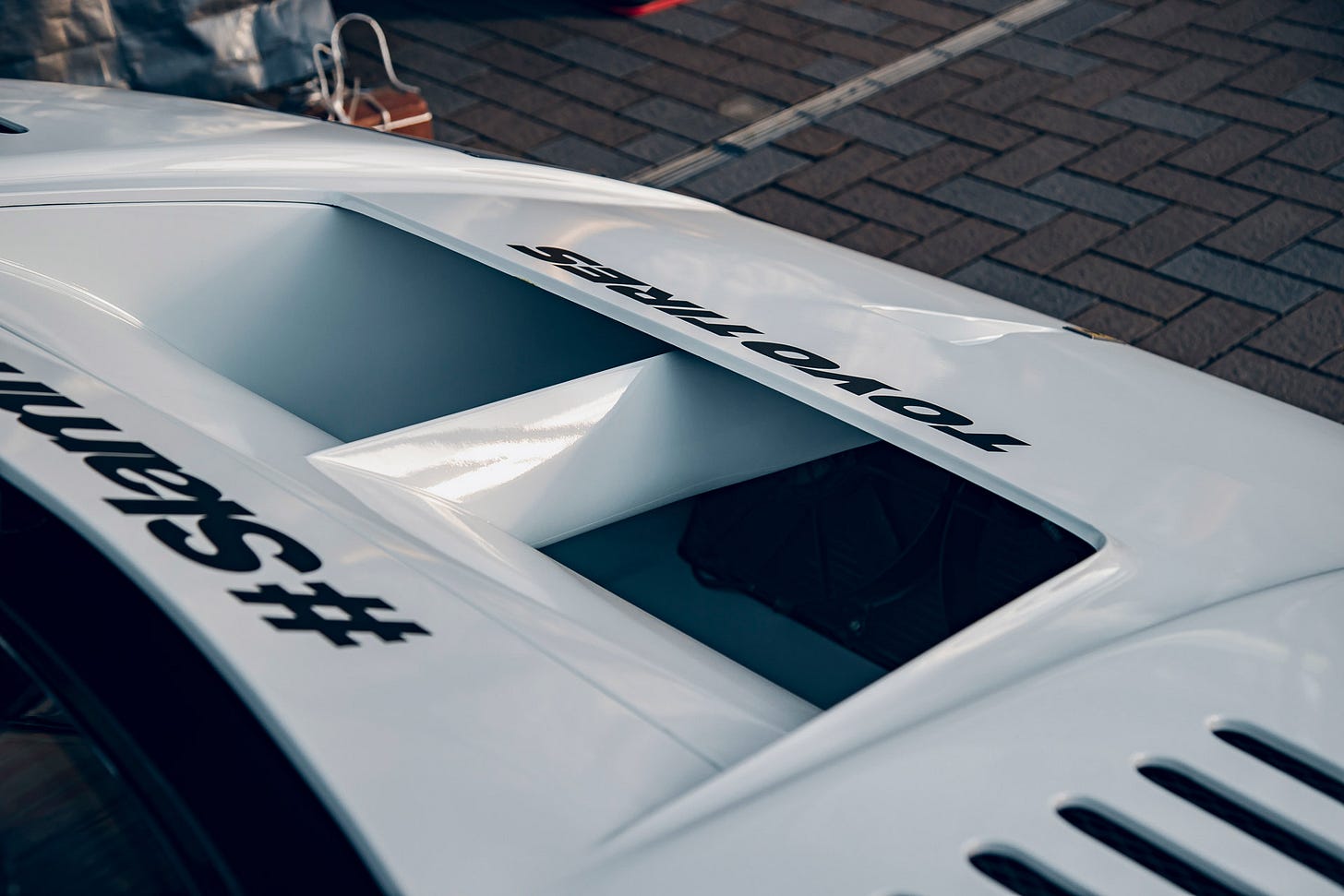Liberty Walk is a Japanese car tuning company founded by Wataru Kato in 1993. The company is known for its unique and extreme wide-body kits, which involve cutting up the original bodywork of cars to create a more aggressive and eye-catching look. While some may see this practice as a sin, it has also been hailed as a miraculous art form. The owner, Wataru Kato, is a self-taught car enthusiast who started his career as a young mechanic in a small garage in Japan. His passion for cars and customisation led him to start Liberty Walk in 1993, and since then, the company has grown to become one of the most recognisable names in the car tuning industry.
One of Liberty Walk's most famous builds is the Lamborghini Aventador, which features an extremely wide body kit and a large rear wing. This build quickly went viral and helped to propel the company into the international spotlight. Other notable builds include the Ferrari 458 Italia, Nissan GT-R, and BMW M4. The fact that Liberty Walk cuts up vehicles to create its wide-body kits has sparked controversy within the car industry. Some see it as a sacrilegious act to cut up a car, especially one as expensive and rare as a Lamborghini or Ferrari. However, others view it as a way to breathe new life into these cars and make them stand out in a sea of similar-looking supercars. The actual car manufacturers, such as Lamborghini and Ferrari, have had mixed reactions to Liberty Walk's work. Some have embraced it as a form of artistic expression and even worked with the company on special edition models. However, others have been more hesitant and have even threatened legal action against Liberty Walk for modifying their cars without permission.
Despite the controversy surrounding Liberty Walk's methods, there is no denying the company's impact on the car tuning industry. Its extreme wide-body kits have inspired countless imitators and have become a staple of car shows around the world. Liberty Walk has become known for its unique approach to car customisation, which involves cutting up the original bodywork of cars and replacing it with wider and more aggressive fenders, bumpers, and side skirts. This process is done by hand, with skilled technicians using advanced tools and techniques to carefully reshape and mold the new bodywork to fit the car's original chassis.
One of the reasons that Liberty Walk's work has been so impactful is the attention to detail that goes into each build. The company's philosophy is that every car is unique and should be treated as such, which is why each build is tailored to the individual customer's preferences and requirements. This means that no two Liberty Walk cars are ever exactly the same, adding to their exclusivity and desirability. Another factor that sets Liberty Walk apart from other car tuners is the company's use of high-quality materials and finishes. All of the parts used in Liberty Walk builds are made from lightweight and durable materials such as carbon fiber and fiberglass, which not only improve the car's performance but also give it a unique and striking appearance.
Despite the controversy surrounding Liberty Walk's cutting up of cars, the company has garnered a huge following among car enthusiasts and has even been invited to exhibit its work at major automotive events such as the SEMA Show in Las Vegas and the Tokyo Auto Salon. In addition to its wide-body kits, Liberty Walk also offers a range of other services, including custom paint and interior work, suspension upgrades, and engine tuning. This means that customers can create a truly bespoke car that not only looks incredible but also performs at the highest level.
Overall, Liberty Walk's approach to car customisation may be unconventional, but there is no denying the artistry and skill involved in creating these unique and eye-catching builds. Whether you love or hate their work, there is no denying the impact that Liberty Walk has had on the car tuning industry, and it will be exciting to see what they come up with next.








